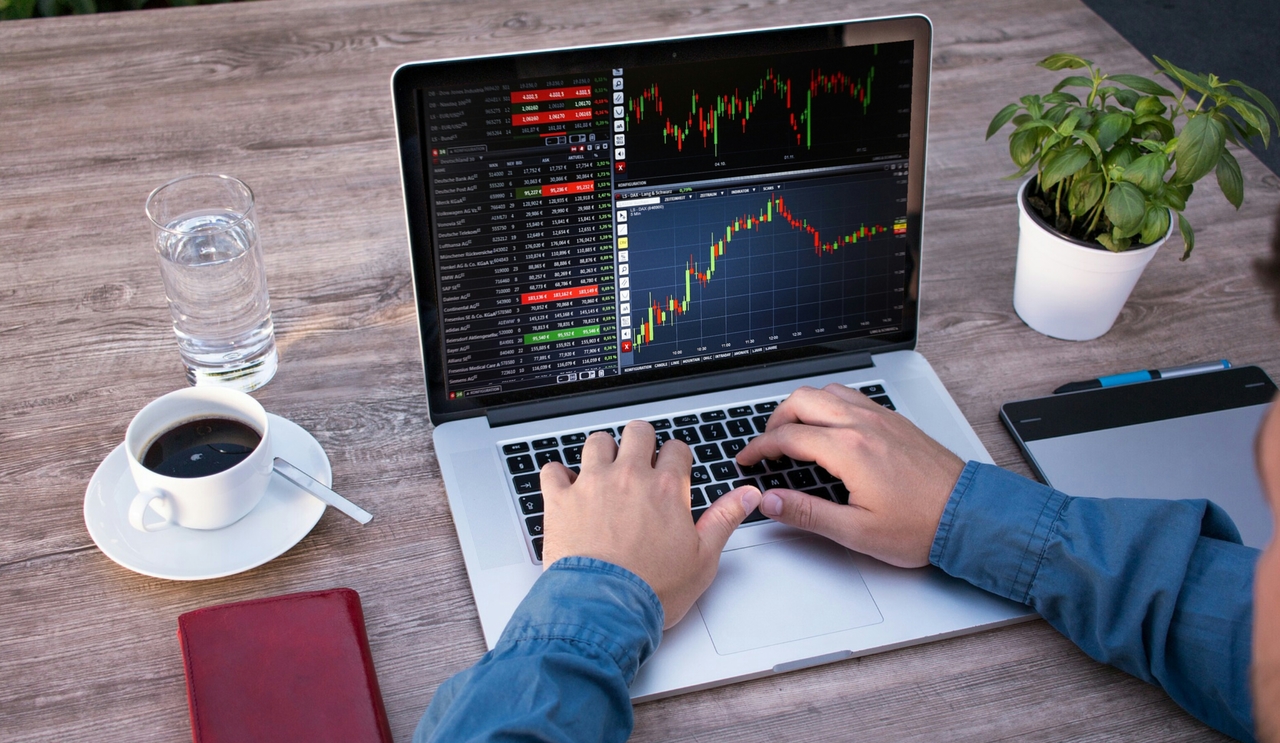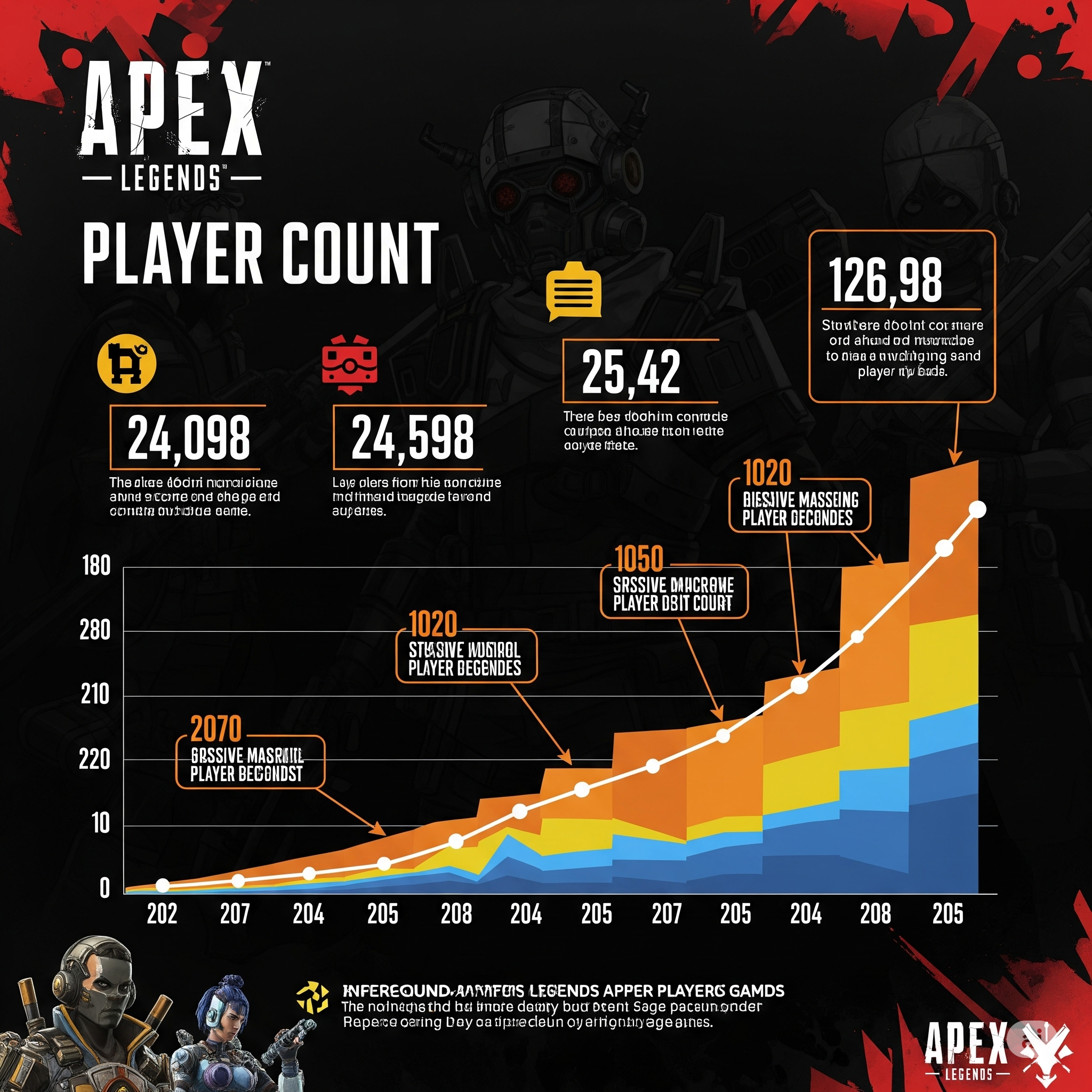
Trading in Financial Makets
What is Trading?
Trading is the act of buying and selling assets, such as stocks, commodities, or currencies, with the goal of making a profit. In the financial world, trading takes place in markets where prices are set based on supply and demand. Traders look to capitalize on fluctuations in prices, whether those are small, daily changes in stock values or larger trends in the value of cryptocurrencies, for example. At its core, trading requires an understanding of market dynamics, and the skill to identify opportunities, make decisions quickly, and manage risk effectively.
Is Trading Haram in Islam?
In Islam, financial transactions are expected to follow certain ethical guidelines, which are laid out in the principles of Shariah law. The concept of haram (forbidden) and halal (permissible) is integral to Islamic finance. Trading is not inherently haram, but some practices associated with it can be. For example:
- Interest (Riba): Any financial activities that involve interest are generally prohibited in Islam, as earning profit through interest is considered unjust. Some traditional financial markets involve interest-bearing products, so these are avoided in Islamic trading.
- Speculation and Gambling (Maisir): Excessive speculation or “betting” on price movements, particularly in volatile markets, can be seen as a form of gambling. Islam discourages high-risk, speculative practices that resemble gambling.
- Unethical Assets: Investing or trading in companies that deal in alcohol, pork, gambling, and other haram activities is prohibited in Islam.
Many Islamic trading platforms offer solutions that follow Shariah-compliant principles, such as halal investments that avoid prohibited areas. These platforms provide opportunities for Muslims to engage in trading while adhering to their faith’s principles.
How to Define Trading?
Trading can be defined as the exchange of assets in the hopes of making a profit. It involves buying an asset at a certain price and selling it at a higher price or vice versa if you’re using short-selling methods. Unlike long-term investing, which focuses on building wealth gradually over time, trading aims at taking advantage of short-term market fluctuations.
There are different forms of trading:
- Day Trading: Involves buying and selling assets within a single day, aiming to profit from short-term price changes.
- Swing Trading: A strategy where traders hold positions for a few days or weeks, capturing medium-term trends.
- Scalping: A technique focused on making small profits from tiny price changes, often with high trading frequency.
- Position Trading: Holding assets over longer periods, aiming to profit from long-term trends.
Each style has its own strategies, risk levels, and time commitments.
What is the Concept of Trading?
The concept of trading centers around taking calculated risks to profit from the movement of asset prices. Traders rely on a mix of research, analysis, and intuition to understand what factors drive market movements.
They may use fundamental analysis (analyzing financial statements, economic indicators, etc.) or technical analysis (using chart patterns and price indicators) to predict the direction of an asset’s price. Successful trading isn’t simply guessing — it’s a disciplined approach of making informed decisions, managing risk, and sticking to a strategy.
How Can I Learn Trading?
Learning to trade requires dedication, patience, and a solid understanding of market fundamentals. Here are some steps to start:
- Educate Yourself: Start by learning basic financial principles, market terminology, and trading strategies. Many online courses, tutorials, and resources are available.
- Practice with a Demo Account: Many platforms offer demo accounts that simulate real trading conditions without risking real money. This is a great way to get a feel for the market.
- Follow the Markets: Keep an eye on market news, financial trends, and the economic factors that influence asset prices.
- Learn from Professionals: Books, trading communities, and mentorship programs can help you gain insights from experienced traders.
- Start Small: When you feel ready to trade with real money, start with a small amount to manage risk while building your confidence.
How Do I First Start Trading?
Starting to trade can feel overwhelming, but here’s a simplified roadmap to begin:
- Choose Your Market: Decide if you want to trade stocks, forex, cryptocurrencies, commodities, etc. Each market has its own rules, volatility levels, and strategies.
- Select a Trading Strategy: Whether it’s day trading, swing trading, or position trading, choose a strategy that aligns with your goals, schedule, and risk tolerance.
- Open a Trading Account: Choose a broker that offers low fees, reliability, and good customer support. Look for trading tools that help with analysis and strategy development.
- Set a Budget and Risk Management Plan: Allocate a portion of your funds to trading, knowing there is a possibility of loss. Establish a risk management plan, like using stop-loss orders, to protect yourself from large losses.
- Execute Your First Trade: Based on your strategy and analysis, enter a trade and monitor its progress. Take notes to evaluate your performance and refine your strategy.
Which Trading Platform is Best?
The best trading platform depends on your personal needs, trading goals, and preferred asset class. Some popular options include:
- MetaTrader 4/5: Known for forex trading, MT4 and MT5 offer robust charting tools and automated trading options.
- eToro: Offers social trading features, allowing you to follow successful traders and copy their strategies.
- Robinhood: A user-friendly platform suitable for beginners interested in stocks and ETFs.
- Binance: A top choice for cryptocurrency traders due to its wide asset selection and liquidity.
Consider factors like fees, user interface, customer support, available assets, and educational resources when choosing a platform.
Conclusion
Trading can be a rewarding pursuit, whether approached as a career or a personal investment strategy. It’s about learning to analyze markets, manage risk, and capitalize on opportunities. While trading may be complex, especially when factoring in ethical considerations for Islamic traders, there are many resources, platforms, and strategies to help you begin responsibly. Start with education, practice, and a disciplined mindset. Remember, the goal is not just profit but long-term sustainability and personal growth in your trading journey.






